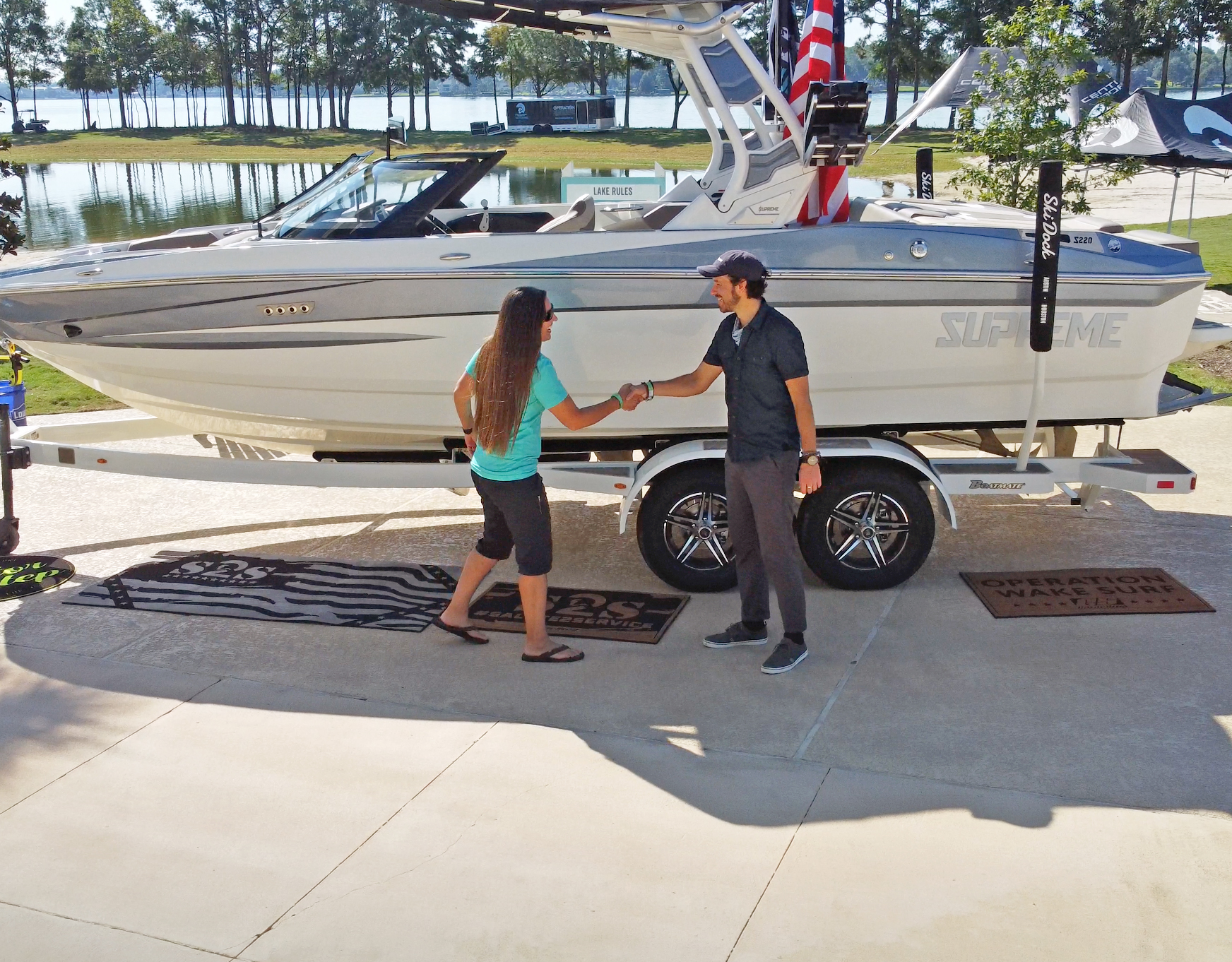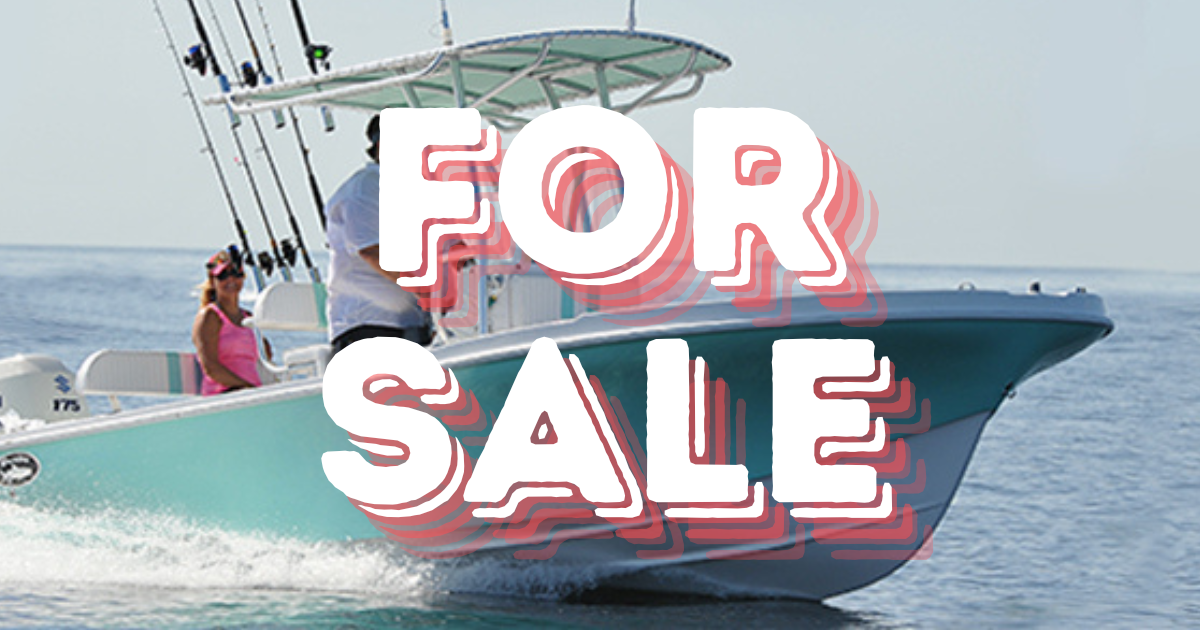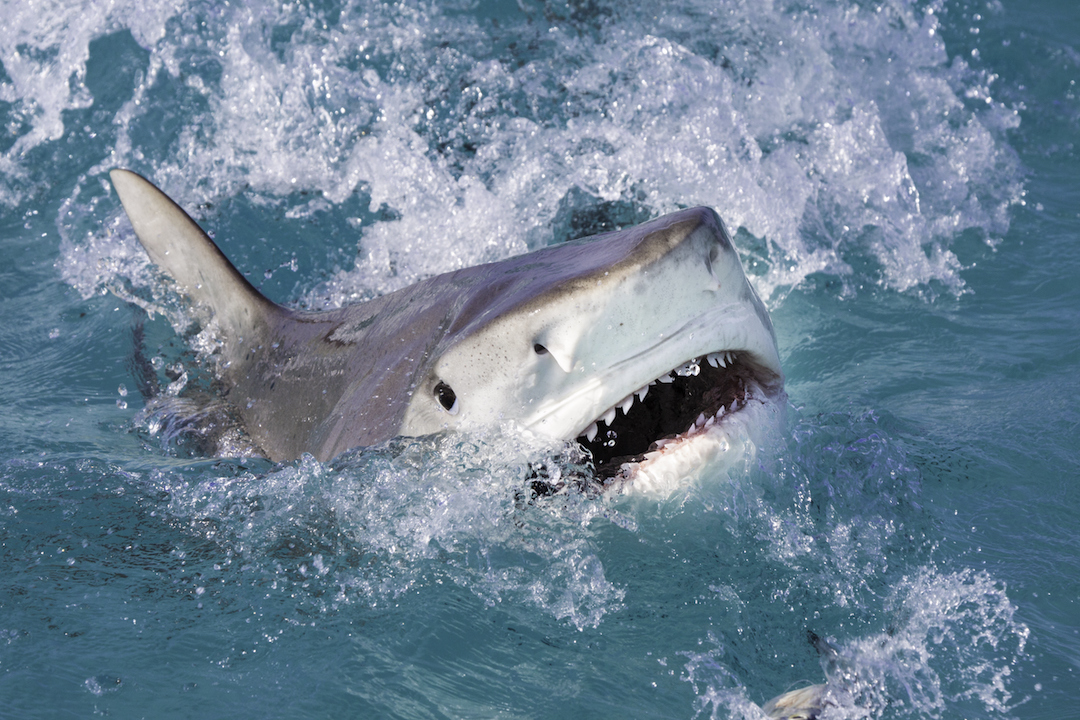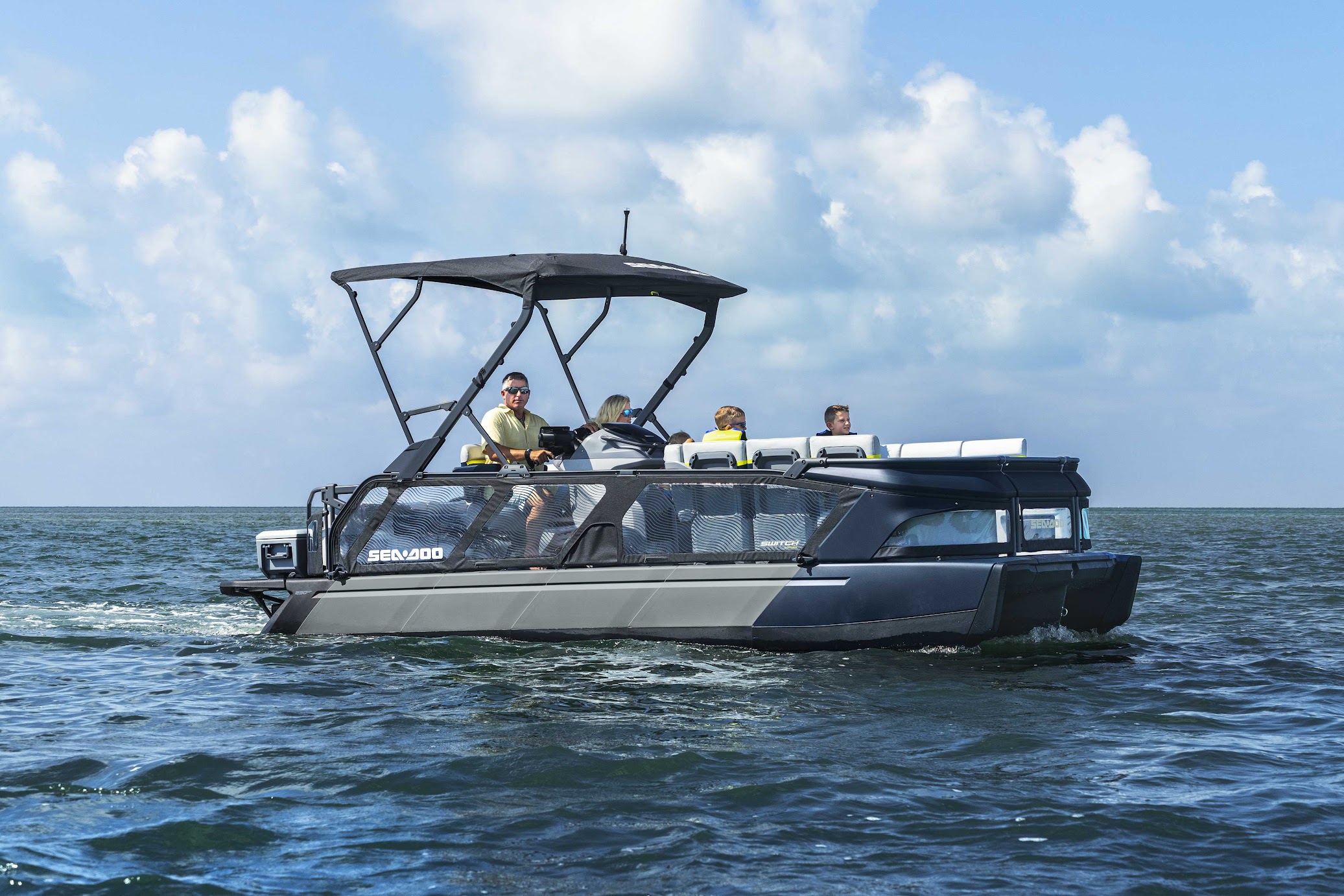Diesal Heaters for Boats: The Ultimate Guide to Choosing and Installing
Diesel heaters for boats are essential for those looking to extend their sailing seasons into the colder months or simply wanting to maintain a comfortable temperature on board. These heating systems not only serve to keep the interior warm and cozy but also aid in reducing dampness and mold, improving the overall living conditions. With numerous options available, it's crucial to understand the basics and select the most suitable heater for one's specific boat and needs.
In this ultimate guide, we will explore the various types and specifications of diesel heaters, taking into consideration factors such as boat size, heating requirements, layout, and energy efficiency. From compact models like the Eberspacher Espar Airtronic S2 D2 L for boats up to 38 feet (source) to more powerful alternatives for larger vessels, there's a heater for every sailor out there.
Apart from discussing the best diesel heaters on the market, this guide will also offer insights into the installation process and share tips on how to maintain and troubleshoot these systems, ensuring a safe and comfortable experience for all boaters. With this knowledge, one will be better equipped to make informed decisions about diesel heaters, gearing up for more enjoyable stays on board in any weather conditions.

Understanding Diesel Heaters for Boats
Components and Functioning
Diesel heaters are designed to provide warmth on a boat, utilizing diesel fuel from the boat's fuel tank. They typically consist of several main components: a combustion chamber, fuel pump, control unit, heat exchanger, air intake, and exhaust pipe. Diesel fuel is mixed with air in the combustion chamber, where it is ignited and generates heat. The heat produced is then transferred to the boat's interior via the heat exchanger.
One key aspect of diesel heaters is their forced air system. This means that a fan pushes air over the heat exchanger, which warms and distributes it throughout the boat. This forced air system allows for efficient and quick heating of the boat's interior, ensuring comfort during cold weather.
Since diesel heaters require fuel, it is important to ensure that the fuel system is functioning properly. This includes having a reliable fuel pump and clean fuel lines. Additionally, the exhaust pipe should be properly insulated and vented to the outside to prevent any dangerous gas buildup within the boat.
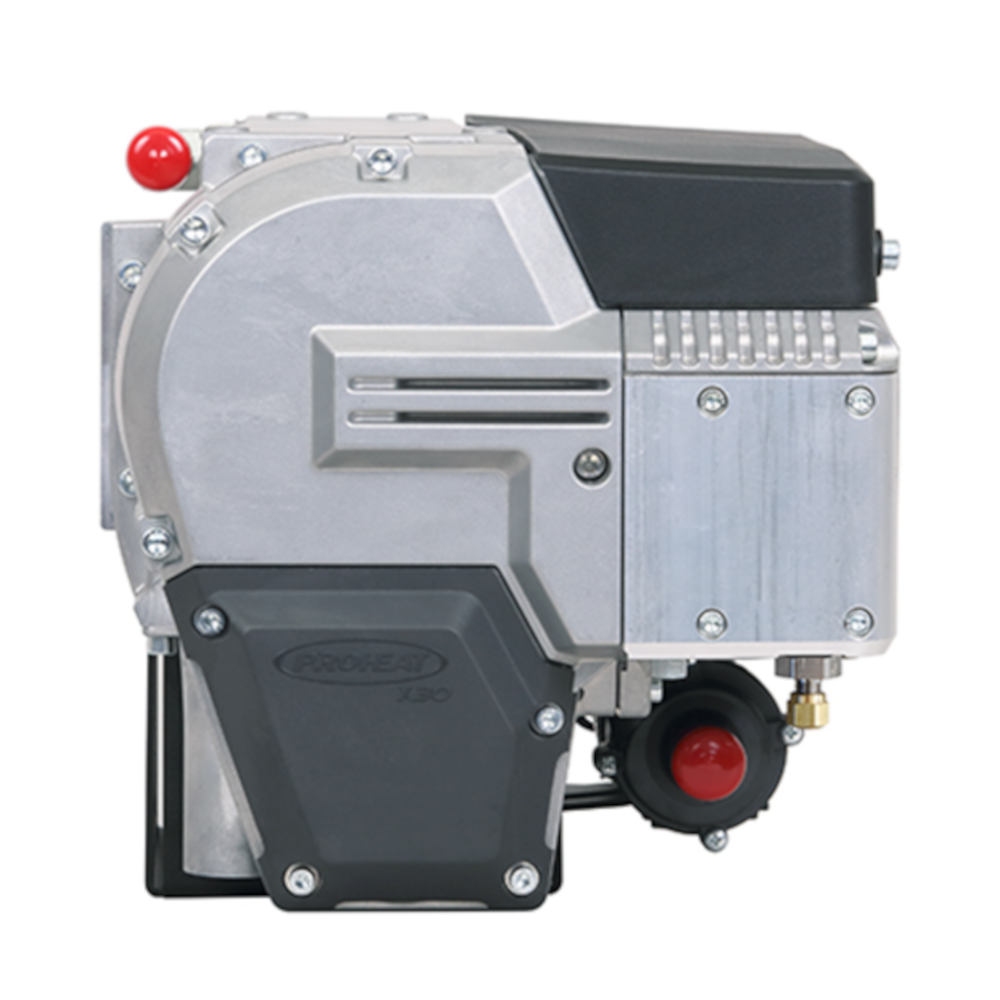
Types of Diesel Heaters
There are several major brands of diesel heaters available, such as Webasto, Eberspacher (also known as Espar), and Chinese diesel heaters. Each of these brands offers a variety of models catering to different boat sizes and requirements.
- Webasto: A popular choice among boaters, Webasto offers a range of diesel heaters, such as the Air Top EVO 40, which is compact, quiet, and economical. This heater requires 0.18 to 0.43 liters of diesel per hour and is suitable for marine installations in various areas of the boat, including passenger areas and proximity to dangerous substances.
- Eberspacher (Espar): Eberspacher heaters are well-known for their reliability and performance. They often come with advanced control units, allowing for precise temperature settings and fuel consumption management.
- Chinese Diesel Heaters: These are more affordable alternatives to the major brands. While they may offer more limited features and may not have the same level of quality control, they can still provide adequate heating for smaller boats or those on a tight budget.
When choosing a diesel heater, it is important to consider the size of your boat and your heating requirements. For example, boats 20 feet or smaller may require a 3-4 kW heater, while those between 21-30 feet may need a 7-9 kW heater. Larger boats (31-42 feet) may require two 9-12 kW heaters, depending on the layout and the number of cabins.
In summary, selecting the appropriate diesel heater for your boat will depend on various factors, such as boat size, heating needs, and brand preference. Regardless of the choice, proper installation and maintenance are crucial to ensure the longevity and efficient functioning of the diesel heater.
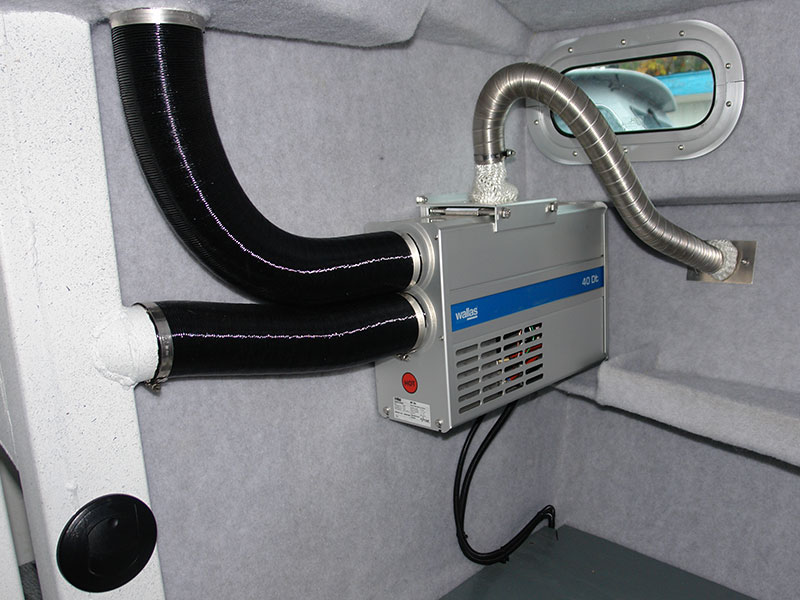
Choosing the Right Diesel Heater
Heating Capacity
When selecting a diesel heater for your boat, it's essential to consider the heating capacity needed to maintain a comfortable temperature onboard. The size of your boat and the number of cabins play a significant role in determining the required heating capacity. For boats 20 feet or smaller, a 3-4kw diesel heater should be sufficient. Boats between 21-30 feet may require a 7-9kw diesel heater, while boats between 31-42 feet could need two 9-12kw diesel heaters.
Fuel Efficiency
Fuel efficiency is a crucial factor in choosing a diesel heater, as it directly impacts the operating costs and overall energy consumption. A fuel-efficient diesel heater should offer high performance and low fuel consumption under various conditions. Comparing the fuel consumption of different heaters based on their specifications can help you make an informed decision.
Size and Weight
Another aspect to consider when selecting a diesel heater is the size and weight of the unit. A compact and lightweight heater is beneficial, especially for smaller boats with limited space. Moreover, a smaller unit is generally easier to install and maintain. Make sure to review the dimensions and weight of different diesel heaters to ensure they would fit well in your boat's allocated space.
Additional Factors
Apart from heating capacity, fuel efficiency, and size, some additional factors to consider include:
- Ease of installation: Look for a diesel heater that can be easily integrated into your boat's existing fuel system, making the installation process more straightforward.
- Reliability: Opt for a heater from a reputable brand known for its build quality, performance, and reliability, such as Webasto.
- Functionality: Consider a diesel heater with a digital timer that offers instant access to functions and allows for stepless modulation of heating.
By carefully considering these factors, you can find the best diesel heater for your boat.
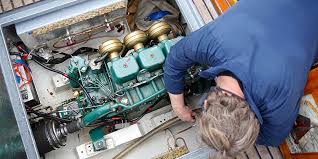
Installation Process
Tools and Equipment
Before starting the installation process, gather all the necessary tools and equipment. These may include screwdrivers, wrenches, drill bits, a fuel line, insulation, ducting, a mounting plate, a wiring harness, and other relevant items. Ensure everything is ready and close at hand to make the process smooth and efficient.
Location and Mounting
Selecting the right location for your diesel heater is crucial, as it will impact its performance and safety. Choose a well-ventilated area, preferably in the sleeping quarters, as these will be the primary beneficiaries of the heat. Once the location is decided, place the heater on a mounting plate as close to horizontal as possible. This will ensure stability and accessibility.
Fuel and Exhaust System
The fuel system involves connecting the fuel line, fuel filter, and fuel pump. Choose a quality fuel line that's compatible with diesel, and install a fuel filter to prevent any impurities from entering the heater. Install the fuel pump in such a manner that it's as low as possible, allowing gravity to feed fuel to your heater.
Additionally, proper exhaust system setup is essential for heaters' smooth operation. The exhaust pipe must be lagged with insulation and sheathed in protective ducting. Ensure that the exhaust pipe has a suitable path to the outside of the boat, and always follow the manufacturer's guidelines for proper installation.
Electrical Connections
Connecting the electrical components of the diesel heater is a critical part of the installation process. This includes the wiring harness, control panel, and power connections. Ensure the wiring is run cleanly and securely fastened, avoiding high heat or chafe-prone areas. The air inlet for combustion should pass through a silencer to reduce noise during operation.
Once all connections are made, double-check everything for security and proper installation. Following the guidelines mentioned above will ensure a successful and efficient installation of your diesel heater.
Operation and Control
Control System and Thermostat
Modern diesel boat heaters include advanced control systems to help maintain a comfortable cabin temperature. The control system often features a thermostat that continuously monitors the interior temperature, adjusting the heat output according to the pre-set temperature requirements. A few popular diesel air heaters, like the Eberspacher Espar Airtronic S2 D2 L, come with an EasyStart PRO 7 Day Timer for improved control and convenience.
The thermostat helps maintain a constant temperature inside the boat. Most diesel heaters have an LCD display on their thermostats, making it simple to monitor and adjust the settings as needed. Some models offer a separate, remote thermostat, allowing for more precise temperature control in different sections of the boat.
Timers and Remote Options
Timers and remote control options for diesel boat heaters increase the convenience and efficiency of heating systems. A timer allows users to program the desired heating schedule for the week, activating the heater before occupancy, ensuring the boat is warm when required. The EasyStart PRO 7 Day Timer is an example of an advanced timer that offers full control over when the heating system will be active.
Remote control options for diesel air heaters are available in various versions, including wireless and smartphone app-based control. These options allow boat owners to remotely monitor and adjust the heater's settings without being physically present by the control system. As a result, remote control options provide added comfort and control, allowing boat owners to preheat their boats even when they are onshore or away.
In summary, diesel boat heaters with advanced control systems, including thermostats, timers, and remote control options, enhance the user's comfort and make operating the heating system more efficient. By incorporating these features, boat owners can ensure a comfortable cabin temperature while optimizing fuel consumption and reducing emissions.
Safety Precautions
Carbon Monoxide Monitoring
It is crucial to install a carbon monoxide alarm in any space where a diesel heater is in use. Carbon monoxide is a colorless, odorless gas that can be lethal in high concentrations. Regularly check and maintain the alarm, ensuring it is in proper working condition.
Proper Ventilation and Insulation
Proper ventilation is essential when using a diesel heater on a boat. Ensure adequate venting and outlets for fresh air intake and exhaust. Follow the manufacturer's guidelines for safe installation and operation. Insulate the heater and its components to prevent heat loss and improve efficiency, taking care not to obstruct any airflow or ventilation points.
When installing a diesel heater, be sure to place it in a separate locker, away from any cabin space, to reduce the risk of accidents or exposure to dangerous substances. Install your heater as close to horizontal in both planes as possible, as most heaters are designed to work best in this orientation, and place it in a location where it is accessible for regular inspection and maintenance.
Overheating Prevention
Preventing overheating is another essential safety precaution when using a diesel heater on a boat. Ensure that the heater's thermostat is functioning correctly and that its temperature settings are within safe limits. Regularly inspect the heater's components, such as the combustion chamber and exhaust system, for signs of wear or damage that could lead to overheating. Keep any flammable materials or substances away from the heater and avoid overloading the heater with too much fuel or running it continuously for long periods.
Familiarize yourself with the signs of an overheating heater, such as unusually high temperatures or excessive noise, and address any potential issues immediately. By adhering to these safety guidelines and the manufacturer's recommendations, you can ensure the safe and efficient operation of your diesel heater on your boat during cold weather.
Maintenance and Troubleshooting
Routine Service and Cleaning
Regular maintenance of diesel heaters for boats is essential to ensure their optimal performance and longevity. It is recommended to check and clean the heater's components every season, especially before winter when you are more likely to rely on it for warmth.
Some important routine service tasks include:
- Inspecting and cleaning the air intake and exhaust systems to remove any debris or buildup that could obstruct air flow
- Checking and replacing fuel filters, as a clogged filter can cause poor combustion and reduce efficiency
- Examining and cleaning the combustion chamber, ensuring there are no signs of wear or damage
- Testing the entire system for leaks, making sure all seals are tight and secure
Remember to follow the manufacturer's specific recommendations for maintaining your diesel heater, as different models and sizes may have unique requirements.
Detecting and Solving Common Problems
Even with regular maintenance, some problems may still occur with your boat's diesel heater. Being able to detect and address these issues can save you time, money, and potentially avoid more significant repairs in the future.
Some common diesel heater problems and their respective solutions include:
- Incomplete or poor combustion: This issue can be caused by a clogged fuel filter, blocked air intake, or insufficient fuel supply. Check and clean the filter, clear any obstructions, and adjust the fuel flow as necessary. A balanced fuel-to-air mixture is essential for a clean and efficient burn.
- Lack of heat output: If your heater is not producing the desired heat, it might be due to an issue with the thermostat. To test your thermostat, follow these steps: Run thread through the valve, and boil it in water until it opens. Replace the thermostat if it is not opening correctly.
- Heater not starting: Problems with the electrical system, such as a dead battery or a malfunctioning ignition, might prevent your heater from starting. Ensure that your boat's battery is charged, and inspect the ignition system for any defects.
Always consult your heater's manual for specific troubleshooting guidance and seek professional assistance if you are unsure of how to proceed with any repairs. Proper maintenance and addressing potential problems promptly will help you enjoy the benefits of your diesel heater for many seasons to come.
Diesel Heater Brands and Providers
There are numerous diesel heater brands available for boats that offer different levels of performance, reliability, and price points. In this section, we'll explore some of the top brands and providers of diesel heaters for boats.
One of the most popular diesel heater brands is Eberspacher Espar, which offers a range of heaters such as the Airtronic S2 D2 L 12V 2.2kW (7500 BTU) with EasyStart PRO 7 Day Timer. Known for their reliability and efficiency, Eberspacher heaters are ideal for boats up to 38 feet in length.
Another notable brand is Webasto, which provides a more affordable lineup called the Air Top series. These diesel heaters come with a 3-year warranty and are compatible with diesel, kerosene, and gasoline. They offer various heating power levels suitable for different boat sizes.
In addition to well-known brands, there are reputable providers that offer a wide range of diesel heaters for boats. Fisheries Supply is a premier supplier of marine diesel heaters and stoves from top brands, along with necessary dampers and installation parts. They cater to various budgets and boat sizes, making it accessible for boat owners.
Another provider is Go2marine, which offers a selection of diesel heaters for sale, including products from Dickinson Marine and Lofoten. These heaters come in different sizes and styles, such as floor-mounted and fireplace-style models.
For online shoppers, Amazon provides a platform for buying diesel boat heaters from various brands and suppliers, allowing customers to compare prices, read reviews, and choose the best option for their boats.
Here's a summary of diesel heater providers and the heater options they offer:
- Eberspacher Espar: Airtronic series, ideal for boats up to 38 feet
- Webasto: Air Top series, compatible with diesel, kerosene, and gasoline
- Fisheries Supply: Diesel heaters, stoves, dampers, and parts from top brands
- Go2marine: Dickinson Marine, Lofoten floor-mounted and fireplace heaters
- Amazon: A platform for comparison and purchase of various diesel heaters
By exploring these diesel heater brands and providers, boat owners can find the most suitable heating solution for their vessels while considering factors such as reliability, efficiency, compatibility, and price.
The research team at Sea Magazine is constantly doing in-depth research regarding marine technology, products & information we know you will find helpfull!
Charlie is Editor-in-Chief of Sea Magazine
